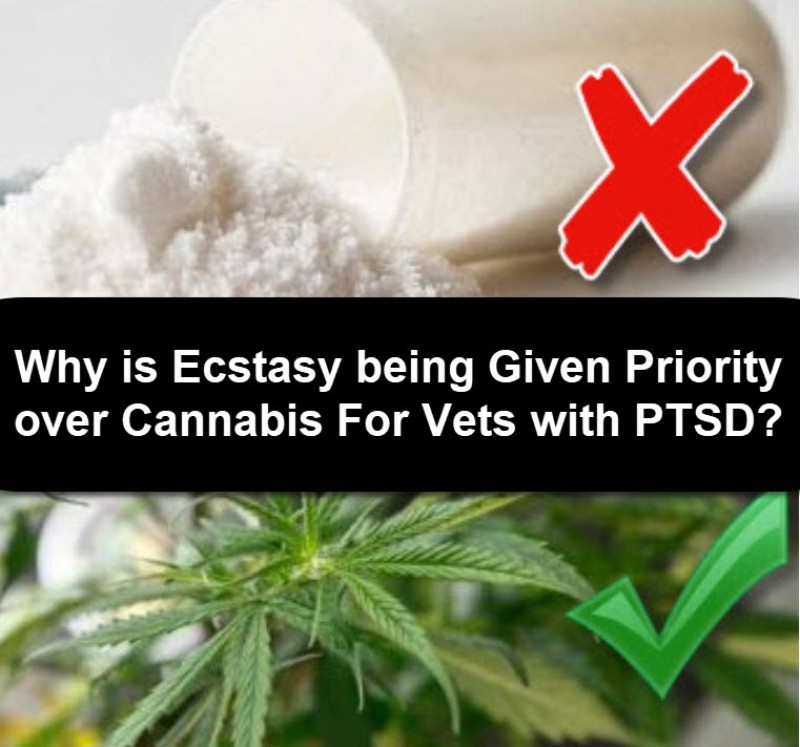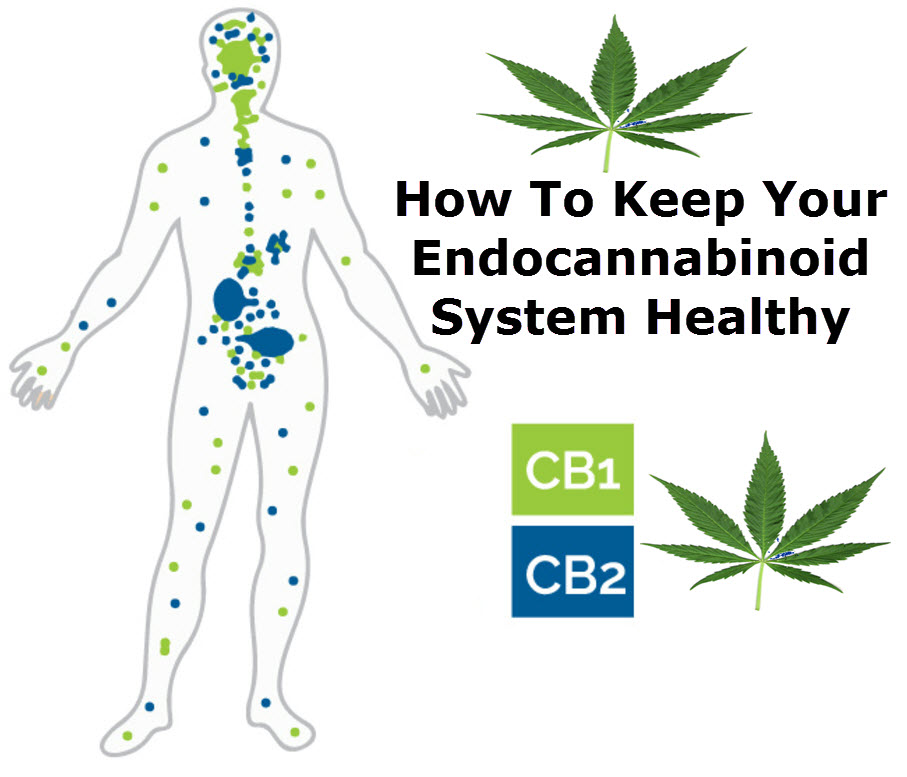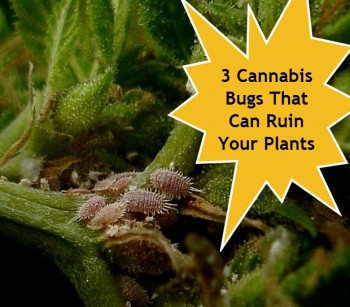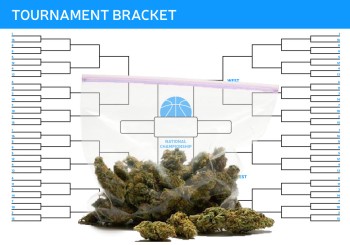Why Is Ecstasy Being Given Priority Over Cannabis For Vets With PTSD?
In more news on legalization and medicine, filed under the WTF category: we learn that an Arizona research project with the intention of providing more information on the therapeutic benefits of cannabis for vets is being pushed back because the researchers are unable to find enough participants.
According to the researchers, the Veteran Affairs (VA) officials promised their help but so far haven’t lifted a finger in helping them with the work. The study’s principal investigator, Dr. Sue Sisley, says: “It’s so frustrating… they say they want more data on ways to help veterans. If they want more data, this is it.”
On the other hand, a VA spokesman attributed the researchers’ problems to the actual research team. “Federal law restricts VA’s ability to conduct research involving medical marijuana, or to refer veterans to such research projects,” says Curt Cashour, VA Press Secretary. “The researcher is free to work with veterans service organizations and state veteran officials who may not face such restrictions to identify candidates for her study.”
Sisley and her team already received FDA approval as well as $2.1 million from the Colorado Department of Public Health and Environment. The study was formally launched in Arizona but is funded by the Multidisciplinary Association for Psychedelic Studies (MAPS), based in California. Sisley’s project was pegged as one that could have been the first ever definitive American study analyzing how cannabis can help veterans effectively manage their PTSD. It also received praise from high-profile organizations including the American Legion. Despite this, Sisley and her team still face several obstacles; for one, it took them five years to get federal approval, causing officials from the John Hopkins University to withdraw from the study and leaving Sisley with one Arizona site.
The problem holding them back is still the same: finding enough vets that meet the criteria for the study. The criteria is that the vets have service-connected chronic PTSD and should be available for a period of 14 weeks wherein Sisley’s team will conduct initial monitoring, on top of six months of follow ups. “For the last two years, we’ve reached out to every veterans service organization and every post in the state,” she says. “We’ve depleted that source. And its’ still not enough.” Sisley think she’d be able to find several qualified participants for the study at the Phoenix VA Medical Center. Despite numerous attempts at lobbying administrators for the past two years, her requests have been consistently denied while her letters to the top VA officials including VA Secretary David Shulkin have gone unanswered.
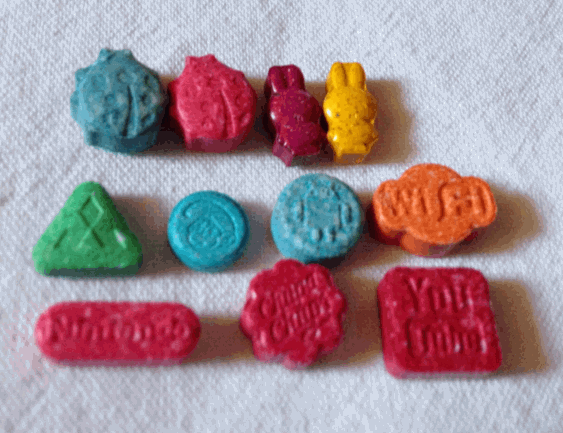
Ecstasy Use Is FDA-Approved For PTSD
Meanwhile, MDMA, the primary ingredient of ecstasy, just received approval from the FDA as “breakthrough therapy” for the treatment of PTSD. According to the Washington Post article, ecstasy has its roots as a drug used in trance parties, although it also tends to give users feelings of love and acceptance towards themselves and others; which are “perfect conditions for trauma therapy”.
“We’re in this odd situation where one of the most promising therapies also happens to be a Schedule 1 substance banned by the Drug Enforcement Administration,” says retired Brig. Gen. Loree Sutton. While psychedelic therapy can certainly help with emotional traumas and depression, MDMA is by no means a natural, plant-deprived therapy. It’s no surprise that the news of the FDA approving it for PTSD use makes many people in the medical community apprehensive.
MDMA isn’t as widely used as cannabis or other drugs, so not much is known about overdoses and side effects. But you don’t have to be a rocket scientist to know that even pure, clinical versions of MDMA can be seriously lethal. It can cause the body to overheat, trigger anxiety, increase stress hormones, and lead to memory impairment due to chronic use. I also know of people first hand who have suffered seizures and epilepsy from just a single pill of MDMA; other side effects associated with it include sleep disturbances, lack of appetite, reduction in mental abilities, sadness, restlessness, sweating, chills, heart failure, kidney failure, loss of consciousness, and high blood pressure. Are these things we actually want to risk exposing to our vets?
These are things that cannabis has proven to help with not CAUSE, while being 100% safe and natural. Most of all, there are absolutely no risk for overdosing on cannabis.
OTHER STORIES YOU MAY ENJOY...
ENDOCANNABINOID HEALTH, CLICK HERE.
OR..
CANNABIS FOR PTSD, CLICK HERE.

